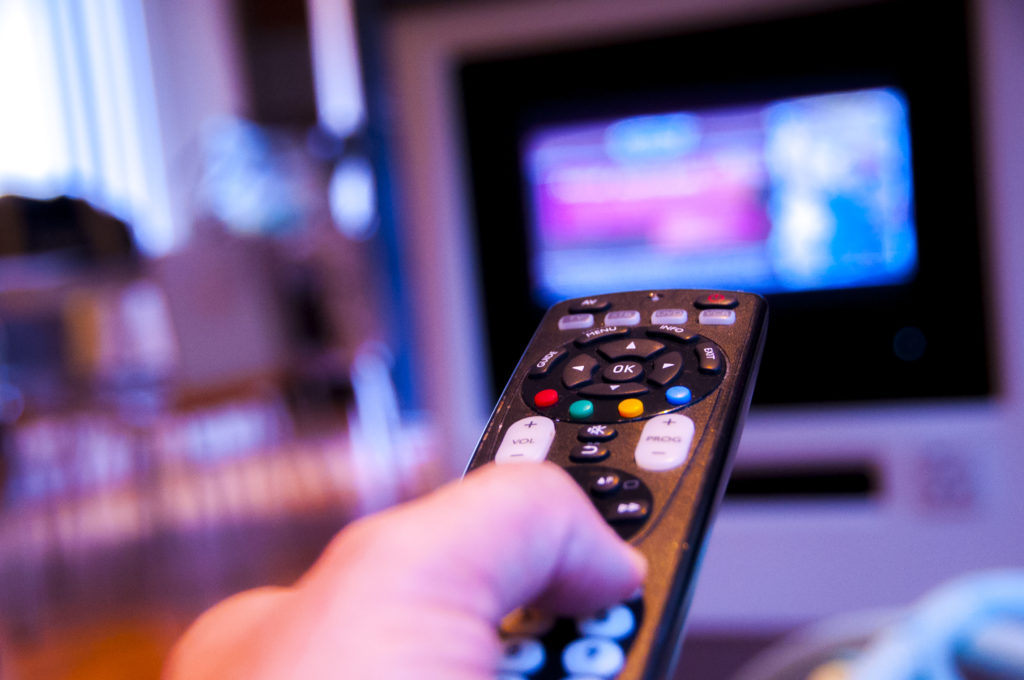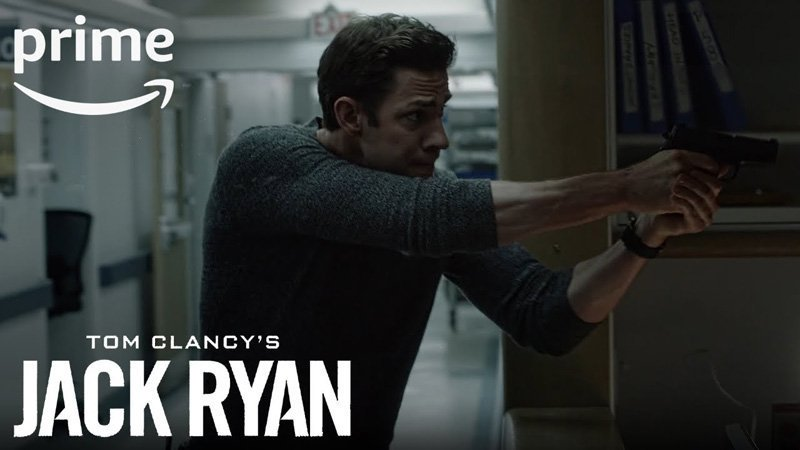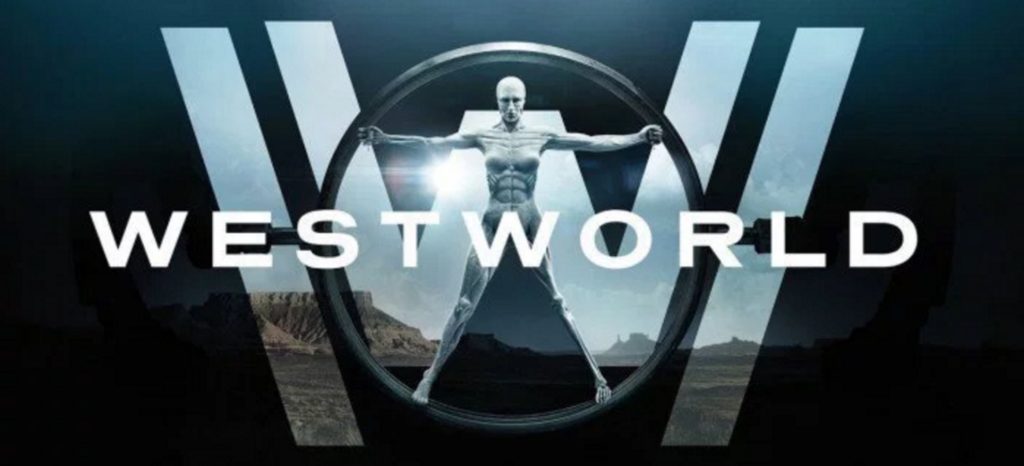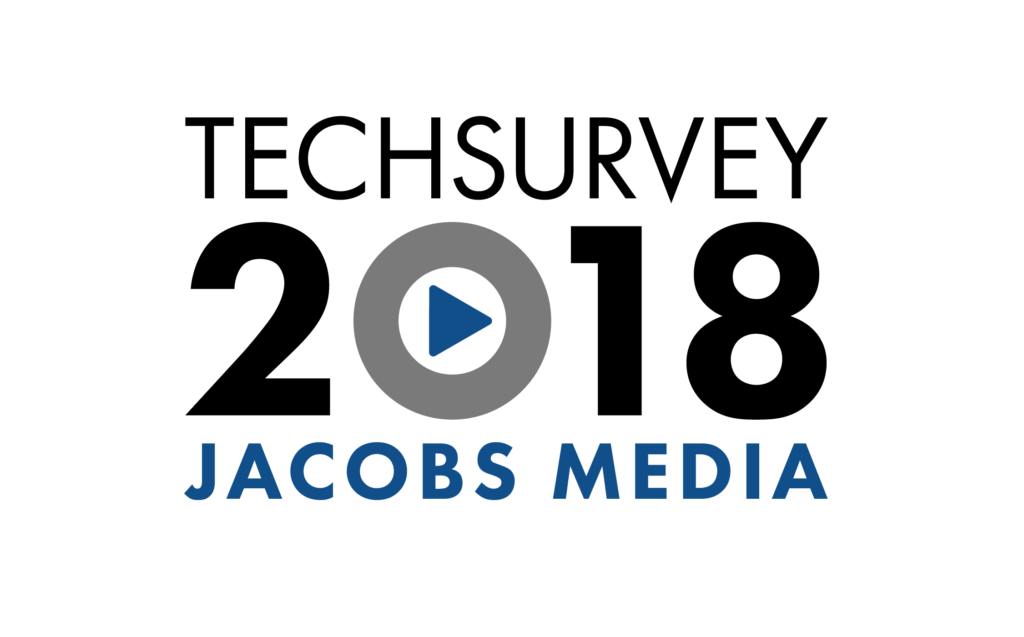
When it comes to the Super Bowl, “the game within the game” is all those high-priced commercials. These days, they’re pre-released to gauge their popularity – before they air.
And so two days later, there’s still buzz over the ads, as big a draw for some as the action on the field. Yesterday, AdAge’s “Super Bowl Ad Review: We Laughed, We Cried, We Cringed” by Brian Braiker did a nice job of segmenting the spots (subjectively, of course) into commercials that moved us or meh’d us.
But perhaps lost in all the noise around surprising commercials by Tide, Spam, and Steven Tyler for Kia, reclaiming his youth by strangely going back in time, there was something else very interesting about some of the big shooters who coughed up $5 million to get their messages across in front of 100 million people – in real time.
You may have noticed ads from Netflix, Amazon, HBO, and Hulu, all promoting their own TV spectaculars – all of which technically compete against NBC, the network that carried the game.
In the case of Netflix, their premier of “Cloverfield” aired immediately after the Super Bowl – putting it in direct competition with NBC’s much-ballyhooed episode of “This Is Us.”
Meanwhile, HBO was hyping the much-awaited-for season 2 of “Westworld,” while Amazon was introducing its “Jack Ryan” series,  based on the Jack Clancy books and starring John Krazinski from “The Office.” And not to be outdone, Hulu promoted a J.J. Abrams/Stephen King collaboration, “Castle Rock.” All these shows looked pretty damn good.
based on the Jack Clancy books and starring John Krazinski from “The Office.” And not to be outdone, Hulu promoted a J.J. Abrams/Stephen King collaboration, “Castle Rock.” All these shows looked pretty damn good.
Traditionally, the Super Bowl game has presented a golden opportunity for the airing network to promote the most important shows in their lineups. And NBC took the opportunity to run several spots for their Olympics coverage.
But a story in Business Insider by Mike Shields raises the question about whether NBC is hurting their own viewership by promoting the competition – to the tune of around $20 million for these four ads.
Now, the sales manager in you may say that money is money, and that when you can sell out the Super Bowl at those prices, you take the ads from just about anybody except perhaps the Russian government. But while Netflix and Amazon were deemed to be kosher by NBC, you certainly didn’t see ads touting shows by CBS or ABC.
 Somehow, those traditional networks are considered direct competitors, while streamers like Netflix and Amazon are apparently in a different category. But that doesn’t square with the way we watch TV, seamlessly surfing from network to cable to Hulu.
Somehow, those traditional networks are considered direct competitors, while streamers like Netflix and Amazon are apparently in a different category. But that doesn’t square with the way we watch TV, seamlessly surfing from network to cable to Hulu.
Obviously, these are tough calls, although you have to think the NBC Super Bowl sales task force could have sold these precious avails to less toxic advertisers.
What does this have to do with radio? This conundrum is reminiscent of what was going on a decade or so ago when Sirius and XM were buying ads on broadcast radio stations. I remember blogging at the time that this was a short-sighted strategy – selling our precious airwaves to a platform that wanted to put us out of business (“Beyond AM, Beyond FM – XM”).
Interestingly, that’s the tone of the Business Insider story: “Netflix, Amazon and HBO handed NBC Millions for Super Bowl ads – as they actively try and kill TV.”
I remember asking a radio executive back then why his stations were taking money from Sirius and XM. And as he explained to me, “They’re not going to make it anyway, so why not take their money?”
And so we segue to Techsurvey 2018, in the field right now. When we put the new questionnaire together late last year, we decided that  satellite radio’s steady rise warranted more questions about how and why this platform continues to steadily move up, year after year.
satellite radio’s steady rise warranted more questions about how and why this platform continues to steadily move up, year after year.
That’s not to say those radio ads XM and Sirius ran years ago altered the course of satellite radio’s trajectory. But if you believe in the power of broadcast radio to build brands, all that advertising had to do something to promote this up and coming media offering.
But the larger question revolves around the question of who’s your true competition? Like NBC, radio companies view other stations on the AM and FM bands as “the enemy.” Yes, Spotify, Pandora, Audible, and Beats 1 seem more distant, and therefore less of a direct challenge.
Yet, even as audio expands, it’s still a zero sum game. Consumers only have so much available bandwidth – that is, time – in which to enjoy the audio that is all around us. New players, startups, and upstarts all want what radio has – reach, consistency, habit, dependability.
New media brands from Netflix to Amazon to SiriusXM need traditional media’s reach and impact in order to grow and maximize their positions.
Perhaps that should be a message to broadcasters on both the TV and radio sides of the aisle about their unique ability and power to shape perceptions. In radio, in particular, we’re incessantly promoting every product under the sun, but often do very little to market our own.
But that doesn’t answer the core question about legacy media and the strategic marketing of its precious asset – its air.
Selling time?
Or selling out?
- What To Do If Your Radio Station Goes Through A Midlife Crisis - April 25, 2025
- A 2020 Lesson?It Could All Be Gone In A Flash - April 24, 2025
- How AI Can Give Radio Personalities More…PERSONALITY - April 23, 2025




Hey Fred, I remember distinctly when we ran spots on KMGK, Des Moines for MTV to which I quietly objected to Ben Hill, my PD at the time. Ed Wodka, the GM, made the same comment…that money is money. Clearly, MTV didn’t end up killing radio but I wondered why we would run a schedule for what could have been a tough, new competitor
It always made me crazy, too, Jim. MTV was downright scary when they first signed on. I remember when they started getting new music before radio stations, it was a clear shot across the bow. Thanks for chiming in.
We debated running the XM barter spots years ago. But I guarantee if it was a real buy, they would have cleared! Radio has lots of morals and boundaries Unless you write a big check!
For years Radio has been a “go to” medium for promoting network TV shows. “Tonight on ABC..” Always thought that dissuaded listeners from nighttime radio listening.
Also noticed during the Patriots / Jacksonville AFC Championship game on CBS – a promo for the NFC Eagles/Vikings Championship right afterwards on FOX. Thought it was odd to see FOX promoted on CBS.
NFL seems to have been doing that cross-plugging quite a bit the last few seasons where they will ask the announcers to promote upcoming games on other networks. I figured it was written into the agreements and it seems everyone gets an equal share of the publicity on the competing networks.
I totally agree with you. If I ever had a choice (as program director), we turned down advertising satellite radio ads. If Sirius/XM ads came up in syndicated programs, I refused to run the ads and requested alternate spots for those slots.
Mike, I know many PDs tried to stop these ads from running – some with more success than others. It’s a heavy lift for a programmer. Thanks for taking the time.
What an odd–sad, even–comment from the radio executive that said he took Sirius and XM spots because, “They’re not going to make it anyway, so why not take their money?” Doesn’t sound like he had much faith in his product’s ability to make a difference for his advertisers.
With that low an opinion of the value of his airwaves, perhaps it would have been more appropriate for him to say, “We’re not going to make it anyway, so why not take their money?”
I think it was said out of arrogance and short-term thinking. But as you point out, David, it cuts both ways. Thanks for commenting.
Perhaps a corollary issue to this, how often does a radio brand share a link from a newspaper or TV brand in their market on their Facebook feeds? You’re giving the audience you’ve worked so hard to build in your social media a direct link to media that’s competing for the attention of your listeners.
Too many radio folks seem to still think their only competition is somewhere down the dial.
Eric, thanks for making that point. It’s expensive to create your own content, but perhaps erosive to send your audience away to other media outlets. We always recommend at least posting those links on the station’s website – not the perfect solution, but better than just pushing them off.
In my market, we have a local television station using radio to sell its Morning Show. My large corporate competitors are taking the money even though the spots run in AM Drive.
Thanks, Thom.
Selling out, pure and simple…this is the old “are railroads in the railroad business or the transportation business”. As you say, it’s a zero sum game and, except for some of us slightly crazed media types, one audio source at a time is the deal and folks care less and less about from whence it comes. It’s hard to walk away from money but that walk can be the one that saves the game.
Tom, as always, great observations. Thanks for reading the blog.